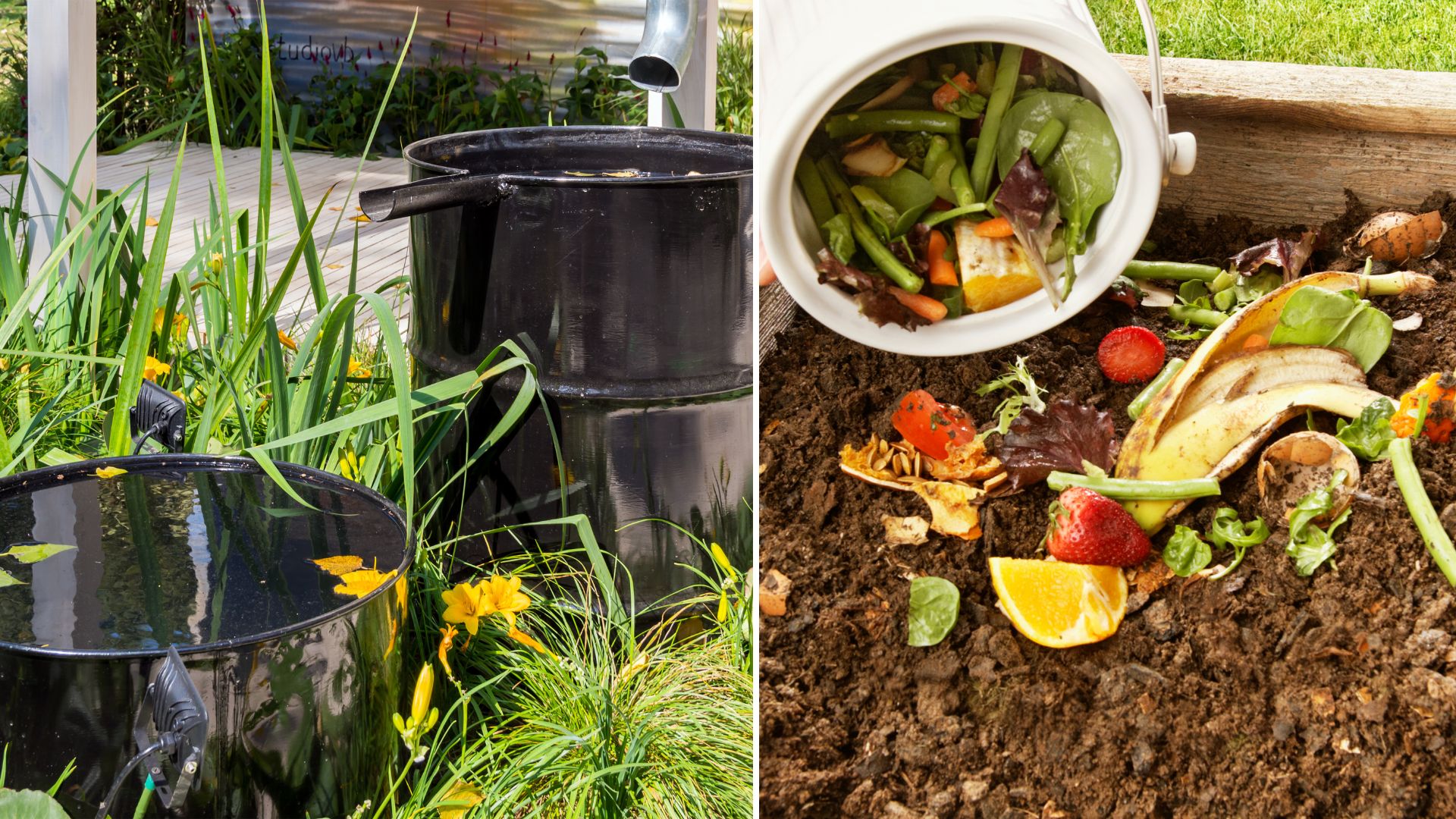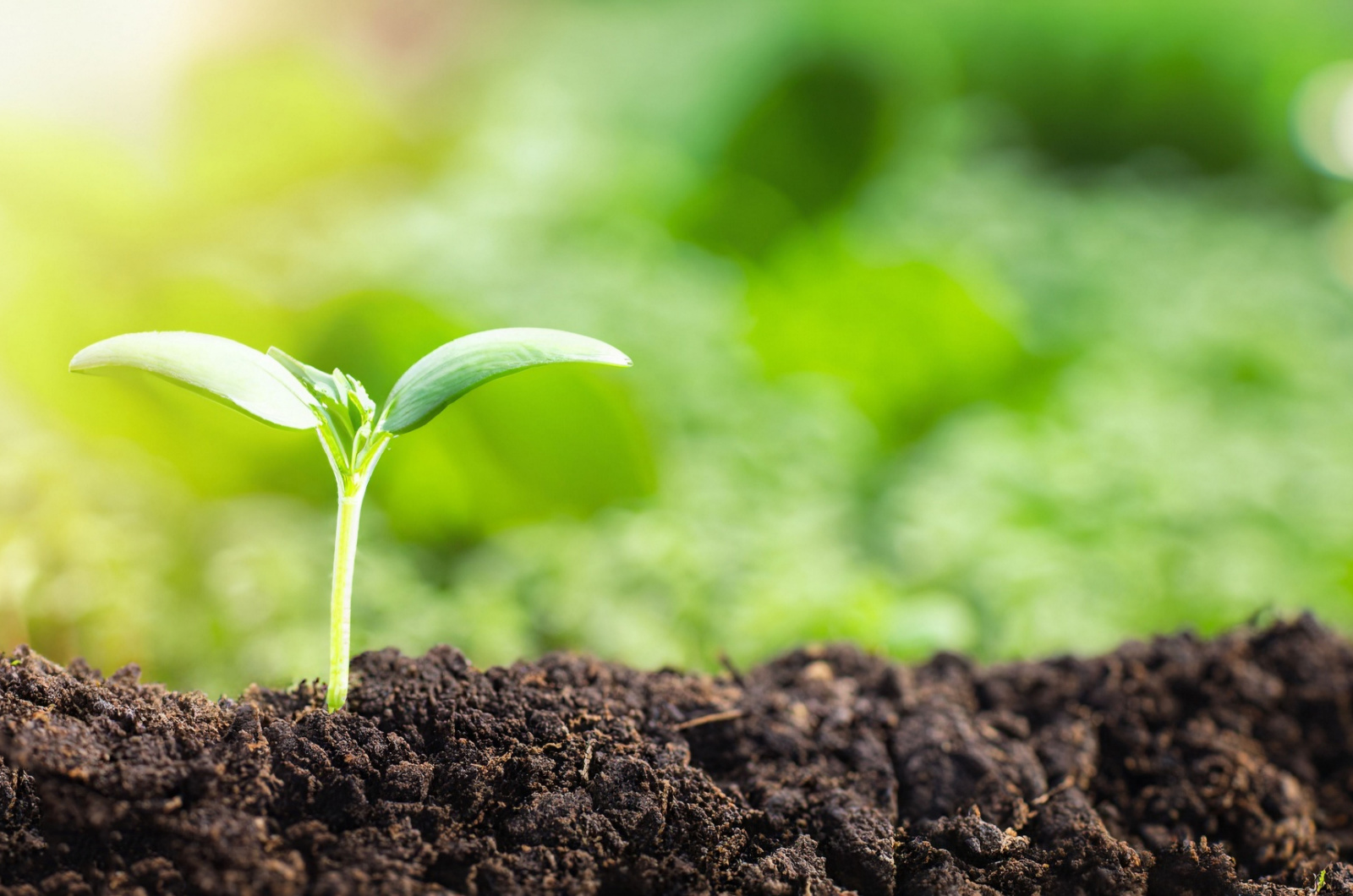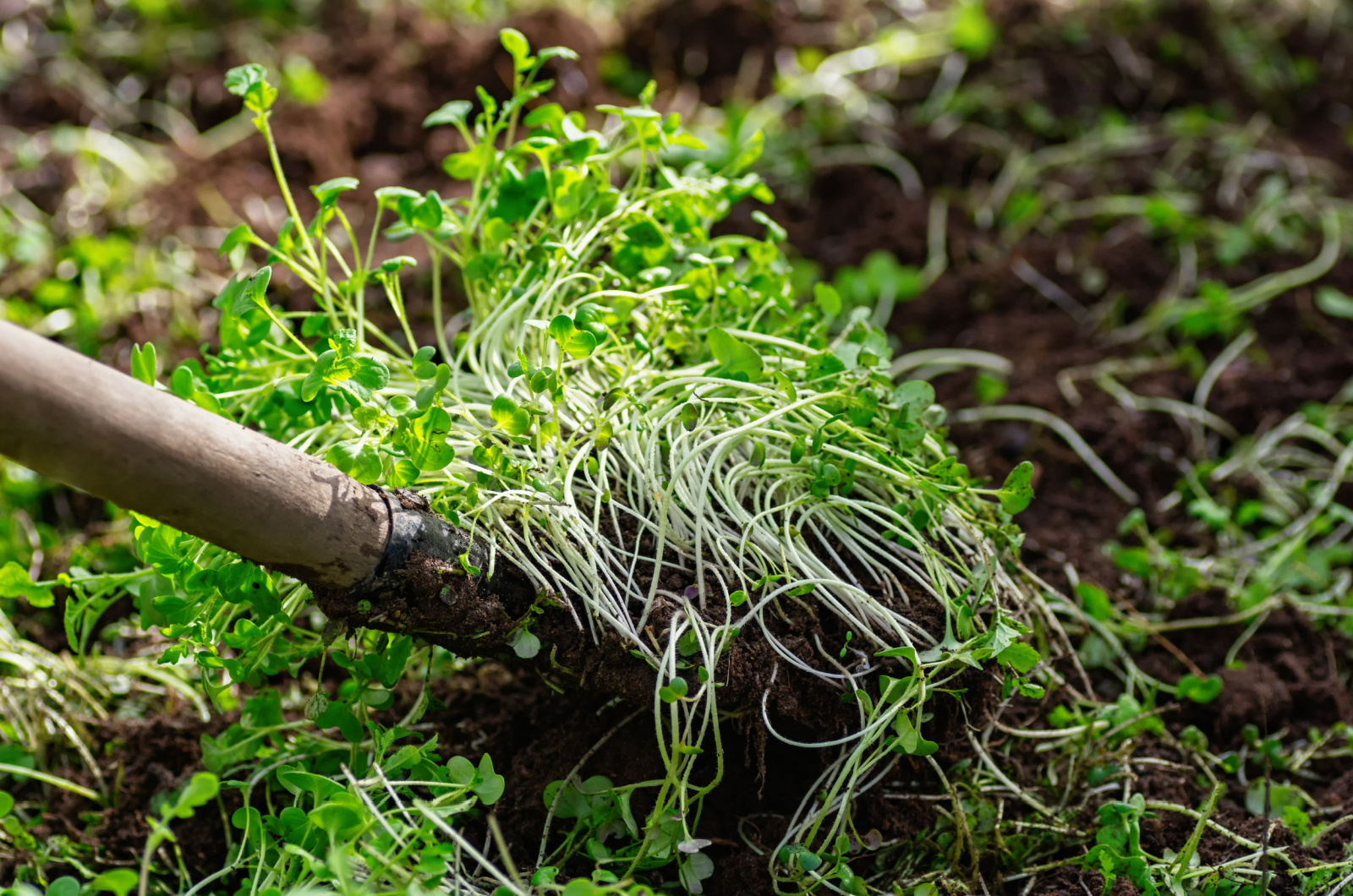Closed-loop gardening will take you one step closer to sustainability, but that’s not the only goal of this method.
I’m really surprised there aren’t that many gardeners who practice closed-loop gardening because it has many benefits for the environment (and your wallet).
If you want to give your consumption a second thought and stop constantly buying new things for your yard, check out closed-loop gardening.
Here’s everything you need to know about it!
What Is Closed-Loop Gardening?
Closed-loop gardening is a self-sustainable method that doesn’t require anything outside of itself. Or rather, it upcycles all the minerals and organic content back into the soil, it gets sunlight from a natural source, and it needs very little time and energy to maintain.
That means you don’t have to bring new seeds every year, or organic matter and other materials necessary for successful gardening. The system relies on nature and its own resources for continuation.
Of course, you will have to make some adjustments and get the right plants if you want to start this system, but it pays off in the long run.
For instance, you need to choose plants that are perfect for the site, give something back to nature, and have the exact use necessary.
Closed-Loop Gardening Practices
Closed-loop gardening isn’t some new method that you’ll have to spend years to master. No! It only requires a few adjustments that will take a great burden off your shoulders and give you more time to enjoy the things you’ve done.
It involves:
• saving seeds and other methods of propagating plants to get new plants from the ones you already have;
• including self-seeding plants and species that easily spread in your garden;
• growing legumes that will fixate nitrogen from the air and give it back to the soil and include other dynamic accumulators – plants that store nutrients in their tissues in more available forms and are later used as green manure or mulch;
• adding ground cover plants to prevent weeds and use as mulch, growing cover crops you’ll use as green manure, etc.;
• upcycling kitchen scraps and garden waste to make composts, mulch, homemade fertilizers, etc.;
• using things you already have in your garden in order to make fences, walkways, trellises and arbors, borders or to fill raised garden beds;
• harvesting rainwater and using it wisely in order to reduce waste;
• making different gardening projects to work in unison in order to reduce the need to purchase new materials, tools, and items.
Obviously, these aren’t all the things that make your garden a closed-loop, but they are a great starting point.
You have to take a step back and look at your garden as a whole. Monitor your garden and discover the natural cycles and processes that take place there in order to be able to work with them and not against them.
This will allow you to create a system which won’t need too much interference from you.
Why Is It Important?
There are many benefits of closed-loop gardening that can make it the ultimate goal of every gardener.
First things first, it seriously reduces overall consumption, which is one notable step towards sustainable living practices. Everything you get for your garden comes with a cost – a literal one and one for the planet.
Everything from potting mediums, composts, and topsoils to organic mixes that contain no peat comes with a carbon cost. Making these things and delivering them includes the use of heavy machinery, so you can lower your carbon footprint by avoiding them.
If you need more organic matter in your garden, you can make your own fertilizers and compost, and use green manure and cover crops.
This means that we can reduce the negative impacts on the environment by reducing our need to purchase things for our garden.
Try and reuse the things you already have in your garden wherever possible to create an established system that doesn’t need a lot of interference from the outside world.
Aside from the environmental benefits, closed-loop gardening can help you reduce your expenditure because you’ll have a garden that meets its own needs.
And if you have a garden that takes care of itself, that means having to spend less time doing tedious gardening chores, such as weeding. Closed-loop gardening is generally low-maintenance and doesn’t need too much interference.
Of course, some things in this closed-loop will still require our attention, but the overall goal is to create a system that can do as much as possible without a gardener at hand



